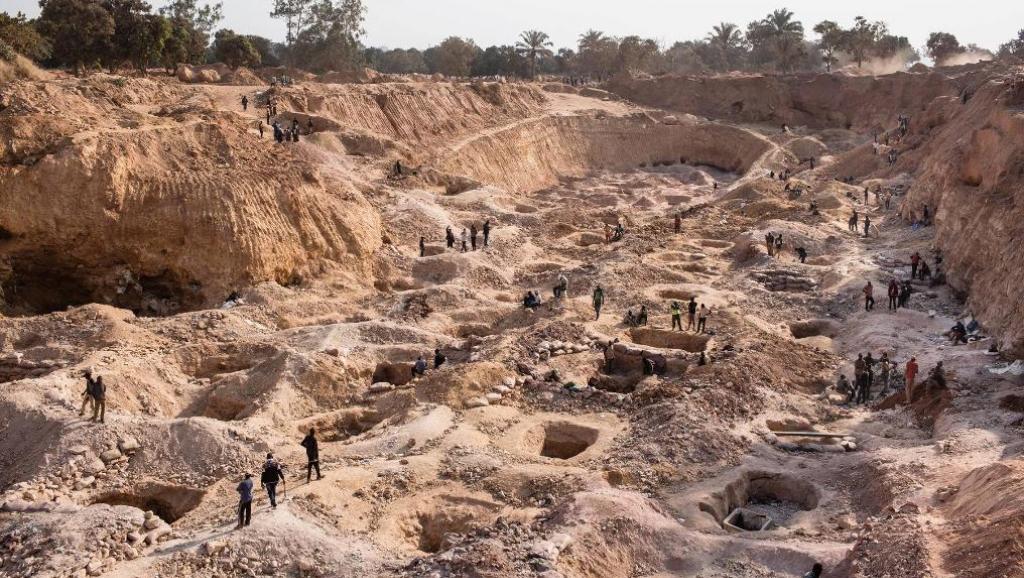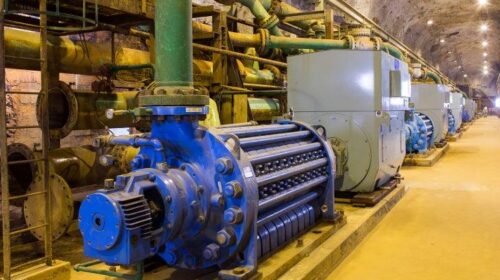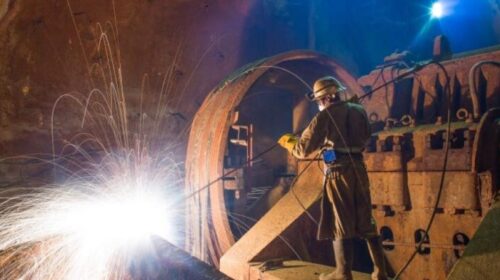DRC: NGOs call on mining companies to improve the quality of social projects carried out in favor of communities in mining areas (Report)
The Civil Society Consultation Framework for Natural Resources in Ituri, the Maison des Mines du Kivu and the Initiative for Good Governance and Human Rights call on mining companies to improve the quality of social projects carried out in favor of communities local people in mining areas.
The Civil Society Consultation Framework for Natural Resources in Ituri (CdC / RN Ituri), the Maison des Mines du Kivu (MMKi) and the Initiative for Good Governance and Human Rights (IBGDH), in collaboration with The Carter Center’s Extractive Industries Governance Program and with the support of the Swedish Embassy, this Friday, February 5, released the evaluation report of 50 social projects carried out by thirteen mining companies between 2008 and 2018 in the upper provinces. -Katanga, Haut-Uélé, Ituri, Lualaba and South Kivu.
This study assessed the relevance, effectiveness, efficiency, sustainability and impact of these social projects. The overall analysis of the evaluation reveals an average score of 4.9 / 10 for all the evaluation criteria, i.e. 51% of the interventions considered not very social against 49% of the interventions considered relatively beneficial to the beneficiary communities. The evaluation of the criterion of relevance of social projects showed that twenty-one projects out of fifty were the subject of a form of consultation between companies, mining companies and beneficiary communities.
At the end of this survey, the study also shows that the effective social projects with regard to norms and standards in the various social fields are essentially those which have focused on the rehabilitation of existing infrastructures. New projects initiated by mining companies are not sufficiently effective.
Regarding the efficiency criterion (relationship between costs and quality of structures), only sixteen of the fifty projects evaluated have a score above average. The evaluation of the efficiency of social projects also highlighted the difficulty of accessing information on the costs of the projects carried out, the data of which are not published in the EITI. Although half of the projects evaluated show an above average score on the impact level, most of them consisted of the construction of works that already existed. The evaluation of the sustainability of social projects took up the challenges of setting up monitoring mechanisms and management structures to ensure the sustainability of the projects carried out, regardless of the companies that had financed them.
Despite the predominance of low scores on the various criteria for the majority of projects, the research team nonetheless identified good examples of projects having obtained positive and encouraging scores. These projects were undertaken in consultation with the beneficiary communities. They are accessible and have a positive impact on a large part of the beneficiary population. They also present a good quality / cost ratio as well as sustainability guaranteed by local management entities. The study documented several factors behind the low scores. These factors include the limits of the legal and institutional framework that governed the implementation of social projects in the mining sector, the non-respect or absence of social responsibility policies of the mining companies evaluated,as well as the lack of local development plans within several local entities and beneficiary communities.
The CdC / RN Ituri, the MMKi and the IBGDH suggest improvements to be made by mining companies in carrying out social projects in terms of their social responsibility. They recommend in particular the full application of the provisions of the mining legislation revised and completed in 2018 with regard to the process of negotiations, signing and execution of specifications as well as those relating to the minimum allocation of 0.3% of the business turnover for the contribution to community development projects. The report also recommends that local entities in mining areas adopt local development plans.
![]()





